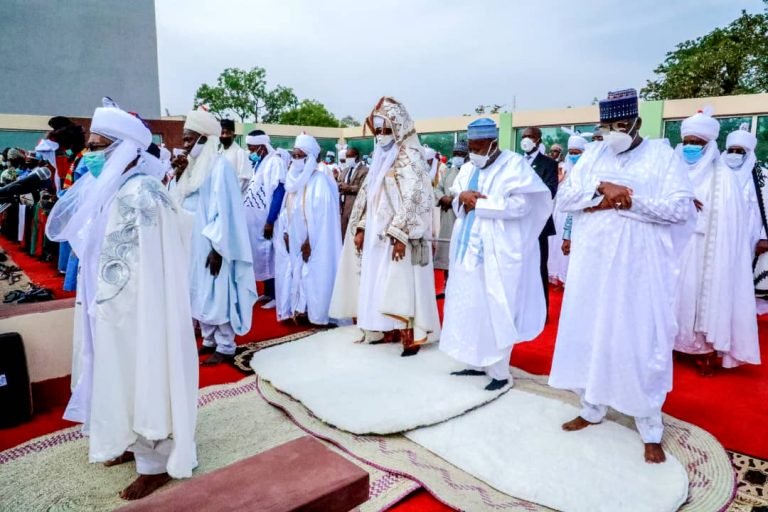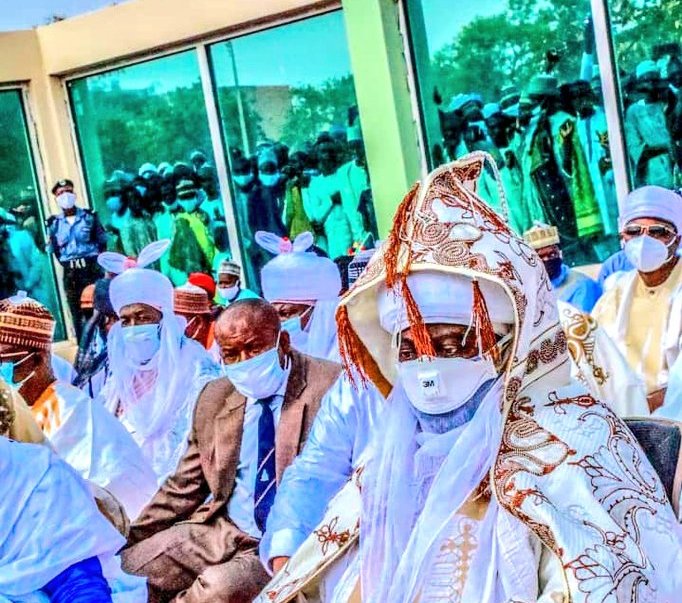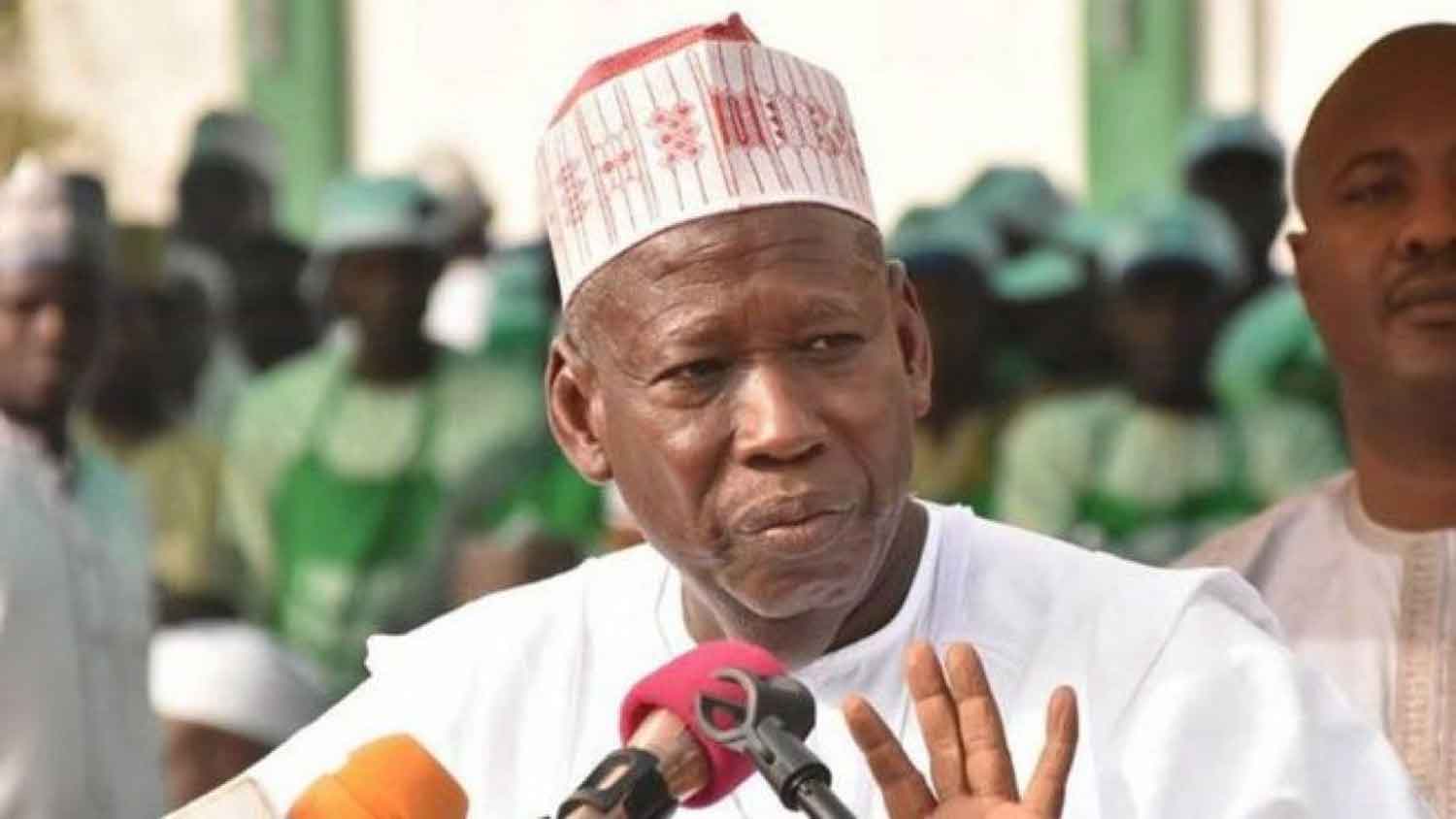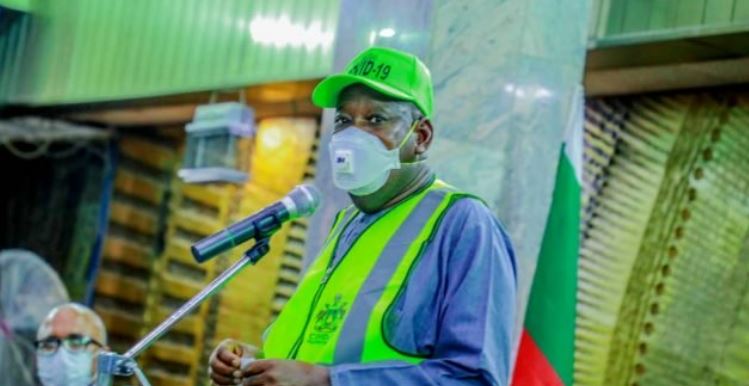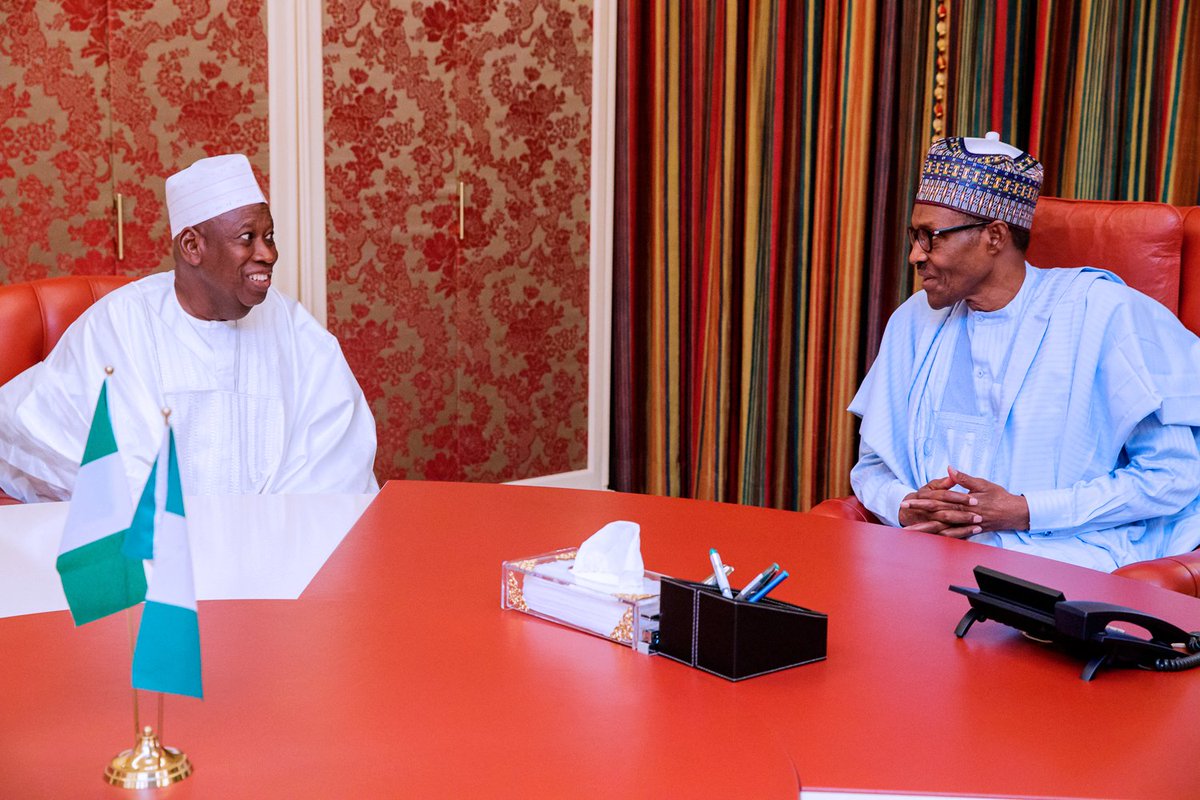Azu Ishiekwene
Following a string of suspicious deaths in Kano last week some have said the state, arguably Nigeria’s most populous, could be Nigeria’s Italy.
They are wrong and right. They are wrong because healthcare in Kano and what obtained in any region in pre-COVID-19 Italy is not comparable. Like night and day, they’re not even close.
But they are right because leaving Kano, a state with a population of over 14million people unattended as is presently the case – a serious mistake which Italy made early on – is like playing with fire. It would be Campania and Lazio (in Southern Italy) multiplied by Wuhan.
And you would be mistaken to think that because it happened elsewhere and so recently, we would not repeat the same mistakes here. Kano has more than enough supply of fodder to feed the virus fire and set the whole country aflame.
Up till last week, there was a viral video of hundreds of protesters, enabled from upstairs, waving leaves and crying in the streets of Kano that COVID-19 was a scam. Then, the clouds gathered.
At least 15 persons, mostly high profile and over 60 years old, died within two days, forcing an eerie silence on the city. There has been no official explanation, raising serious concerns that coronavirus may be far more widespread in the state than thought.
There is limited data on annual death rates in the state. A 2010 study by Iliyasu Abubakar of in-hospital mortality at the Aminu Kano Teaching Hospital, Kano, showed that between 2005-2008 out of 51,975 patients admitted in the hospital 4,029 died.
That is a yearly average for that hospital alone of 1,343, with HIV, septicaemia, cerebrovascular disease, chronic renal failure, chronic renal disease and chronic liver disease being the main causes of death, according to the study.
If the state is now recording 15 deaths in two days, then that’s not just a problem, it’s a big problem.
Kano has the densest population in the North. At seven persons per average household, the state (along with Kebbi) has the second highest number of persons-per-household in the country.
The demographics get even more interesting. Forty-five per cent of the state’s population, according to data from UKAid (some estimate 50 per cent) is 60 years of age and above – the group that commonly harbours pre-existing conditions and is most vulnerable to the current pandemic.
If sanitation can help to keep the virus at bay, then water supply – a basic requirement for hygiene – is still a pipe dream in Kano. Hand washing is a luxury because water is scarce.
About 10 years ago, when the state’s population was far less than what it is today, the government could only provide one quarter of the daily demand of 400 million litres of water. The situation has not improved significantly.
With the population exploding since and residents struggling with shortages of all kinds, not to mention poor infrastructure, any lethally contagious disease not contained in its early stages will spread.
Add the large informal sector in the state and cultural/religious practices which promote clustering and large gatherings, with an estimated 300,000 almajiris left to their own devices, and you will have the picture of a perfect storm coming.
Let me be clear. Shambolic infrastructure and prevalence of poverty are not peculiar to Kano. Even in its poverty, Kano is the richest, most industriliased and politically consequential state in the north. It is Nigeria’s number one political bride.
The state’s problem, however, is compounded not just by poor infrastructure, growing population with a large aging group and high population density, among other things. Kano has also been brought to its knees by a preexisting disease guaranteed to make COVID-19 even more deadly: tribal politics. And this time, it’s playing big.
Apart from the bitter governorship elections last year, a number of influential citizens are still very upset by the humiliation and dethronement of the former Emir, Muhammad Sanusi II, Sarkin Kano. They believe that it was for a time like this that Sanusi was meant to be emir.
Not that he would have provided a vaccine or mounted a royal horse to charge against the virus on the streets of Kano. But his relentless, pesky voice would not have waited five or six days after the Nigeria Centre for Disease Control (NCDC) ran out of reagents and closed down its testing office, before crying out.
At a point, it was as if Governor Abdullahi Ganduje was confused, missing or both. The man perhaps often unfairly teased for his rare gift of taking and yet not appearing to have taken, was strangely unable to ask for, much less take a lifeline to benefit citizens. It was the BBC that finally bailed him out of his misery by granting him an interview.
By which time the combined forces of his enemies – old and new, home and abroad – were all over him.
The new emir, Aminu Ado Bayero, did his bit to rescue the governor and maybe also to douse the impression that his reign was starting on an inauspicious note, but it didn’t help much. Not because he didn’t try but because he couldn’t do for the governor what only common sense and capacity could have done for the man.
Emir Bayero’s statement that the state Ministry of Health informed him that the deaths were not COVID-19 related even when investigations were still ongoing, reminded me of the quandary the late Alake of Egbaland, Ademola II, found himself.
Mrs. Funmilayo Ransome-Kuti led a revolt of women in Abeokuta against unfair taxes. But the revolt soon turned into rebellion against the Alake for “terrorising the women with his penis” and causing salt scarcity, forcing the Oba into exile.
Of course, his hands were clean. His only crime was being Alake when the unpopular taxes were levied by a colonial government that he had no control over. To avoid even the remote possibility of the Alake’s fate, Emir Bayero had to speak up, for his own sake, and for the sake of the governor.
Yet, maybe Ganduje deserved some of the beating. I disagree, however, with those who think their pound of flesh would not be complete until they have taken a kilo or two of meat from the hide of Ganduje’s daughter, Amina, who was a member of the state’s COVID-19 team. She is a medical doctor. At a time of emergency like this, it was right and patriotic of her to offer to help.
If the committee failed, as woefully as it did, it was not Amina’s fault. It is the governor and the leadership of the NCDC that should be held to account. How can Kano – or any state for that matter – record such unusual number of multiple deaths within such a short time and the people are left to speculate whether it was caused by “meningitis” (an unusual occurrence in March) or “other weather-related” factors?
It is also noteworthy that while Ganduje was trying to find his mojo and NCDC officials from Abuja were fleeing the state following speculations that some of them had been infected, we kept getting daily countrywide figures of infections, with no explanation about what was happening in Kano. Where were the figures coming from when the only test centre in the state had closed and the staff dispersed?
The public deserves to know. The public also deserves to know the cause of death of scores of citizens who passed on during this time and what might have been done to save them. That’s the only way to prevent more from dying and to honour the memory of the dead.
It’s also the way to avert the dangerous insinuations that while the governor was playing for the money at the expense of an early solution, his political adversaries were playing for his head. And now, one fanatical professor is fueling the fire by playing the religious card, as if COVID-19 wears a collar.
The extension of the lockdown in Kano by President Muhammadu Buhari will mean nothing if the unfortunate deaths of last week are not properly investigated and the outcome published. It would mean nothing if more test centres are not opened and testing, tracing and treatment are not aggressively pursued.
It would also mean nothing if the inter-state lockdown is not being implemented. In spite of the lockdown, widespread breach of inter-state travels, mostly aided by security men, was already being reported well ahead of Buhari’s broadcast on Monday night.
For the primary benefit and safety of residents, the daily figures of new cases should be published on the state and NCDC websites on a local government by local government basis across all 44 local governments of Kano. The same should apply to all states with confirmed cases of 10 or more patients.
Also, the lockdown extension in Kano would mean nothing without aggressive messaging about social distancing, mandatory use of face masks, penalty for breach and collaboration for testing and treatment with some private hospitals or laboratories.
As the relative success in Lagos and Ekiti so far has shown, the private sector, individuals, NGOs and corporates must also step up to the plate. And they will if the governor inspires confidence and provides leadership.
In short, without a significant improvement in transparency and a more determined approach to solve the problem, the one-week extension could be too little, too late. Kano could drag Nigeria to pot in a hand cart.
Ishiekwene is the MD/Editor-In-Chief of The Interview
